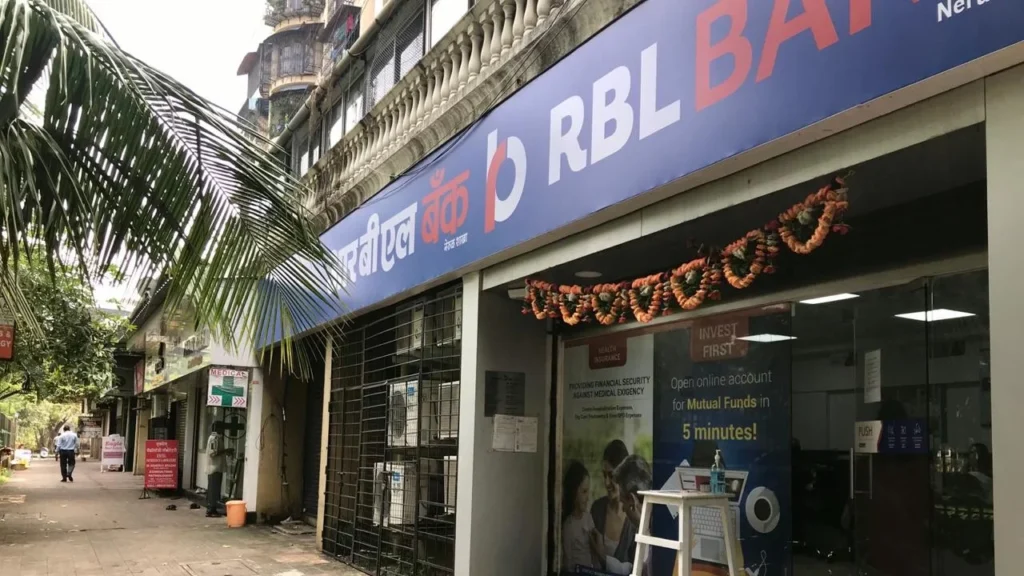
Emirates NBD-RBL Bank Deal: A New Era for Indian Banking?
Shareholders of RBL Bank will soon vote on the highly anticipated deal with Emirates NBD, marking a significant milestone in the Indian banking sector. The proposed acquisition has been making headlines, with many investors eager to know what this means for the future of RBL Bank and the broader banking industry.
The Deal: A Brief Overview
The Emirates NBD-RBL Bank deal involves the Dubai-based lender acquiring a majority stake in RBL Bank, with plans to expand its presence in the Indian market. According to R Subramaniakumar, MD & CEO of RBL Bank, the deal is expected to receive shareholder approval at the bank’s annual general meeting next month.
Once the shareholder nod is in place, both RBL Bank and Emirates NBD will submit applications to relevant regulators for approvals. Following regulatory approvals, Emirates NBD will make an open offer to RBL Bank’s shareholders at Rs 280 per share, as per SEBI guidelines.
Open Offer and Preferential Allotment
The open offer is a crucial component of the deal, allowing existing shareholders to sell their shares to Emirates NBD at the predetermined price. Depending on the response to the open offer, RBL Bank will adjust the preferential allotment to ensure that Emirates NBD’s eventual shareholding reaches 60%.
As Emirates NBD’s investment in RBL Bank is expected to bring in significant capital, the bank plans to utilize these funds to rapidly expand its business. With the infusion of funds, RBL Bank’s return on assets is expected to increase substantially, and its capital adequacy ratio will rise to 40%, according to Jaideep Iyer, head of strategy at RBL Bank.
Implications for Indian Investors
The Emirates NBD-RBL Bank deal has significant implications for Indian investors, particularly those with a stake in RBL Bank. With the open offer price set at Rs 280 per share, existing shareholders will have the opportunity to sell their shares at a premium. However, it is essential for investors to carefully evaluate the deal’s terms and consider their long-term investment goals before making any decisions.
For more information on Indian banking sector news and updates on the Emirates NBD-RBL Bank deal, visit our website. Our expert analysis and insights will help you stay informed and make informed investment decisions.
Regulatory Approvals and Timelines
The deal is subject to regulatory approvals from relevant authorities, including the Reserve Bank of India (RBI) and the Securities and Exchange Board of India (SEBI). While the timeline for regulatory approvals is uncertain, RBL Bank’s management expects the first tranche of funds to be infused within five to eight months.
As the deal progresses, Indian investors will be closely watching the developments and their potential impact on the banking sector. With the Indian stock market reacting to various economic and geopolitical factors, it is crucial for investors to stay up-to-date with the latest news and trends.
Conclusion
The Emirates NBD-RBL Bank deal marks a significant milestone in the Indian banking sector, with far-reaching implications for investors, regulators, and the broader economy. As the deal unfolds, it is essential for Indian investors to remain informed and adapt to the changing landscape. By staying ahead of the curve and making informed investment decisions, investors can navigate the complexities of the Indian banking sector and achieve their long-term financial goals.
